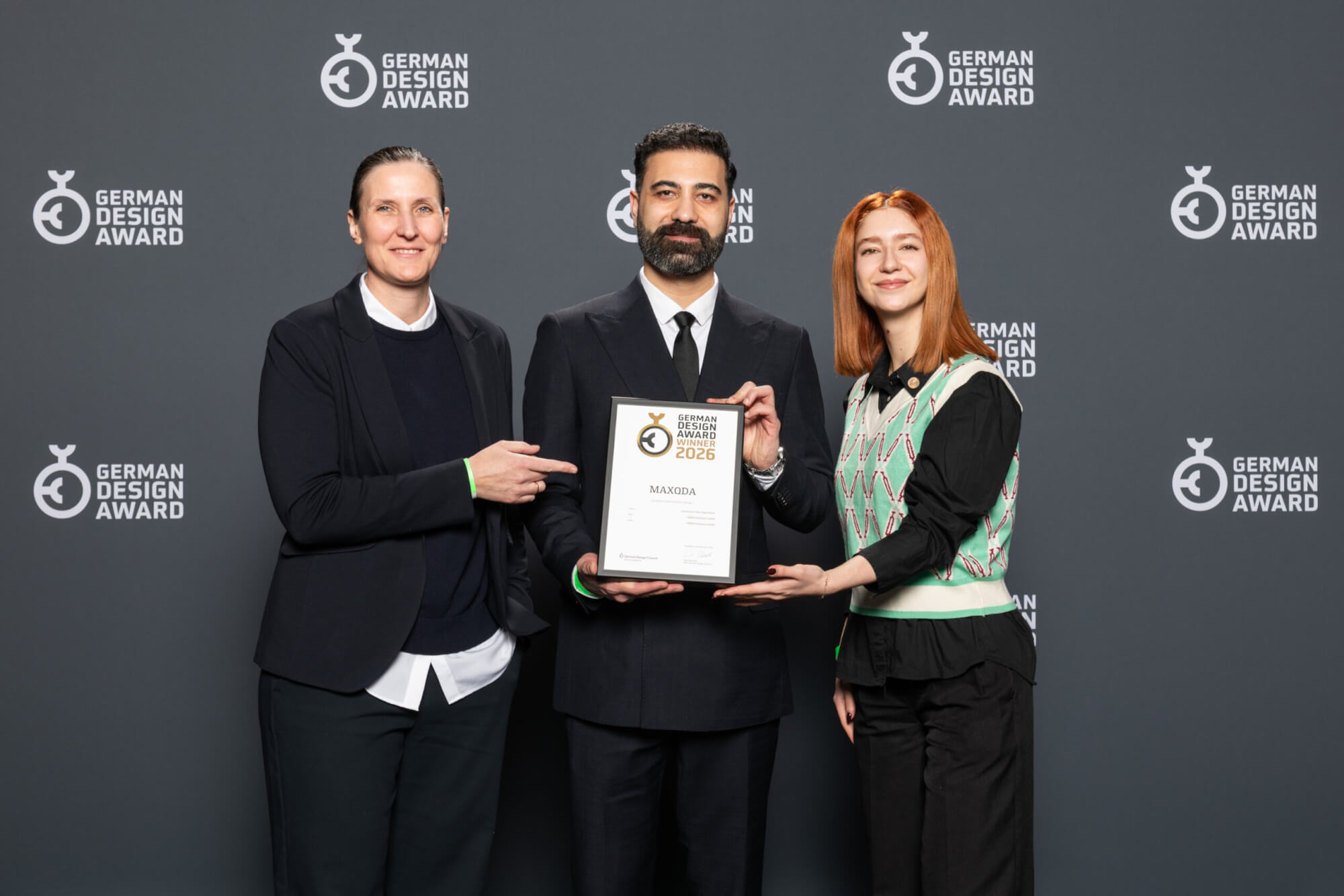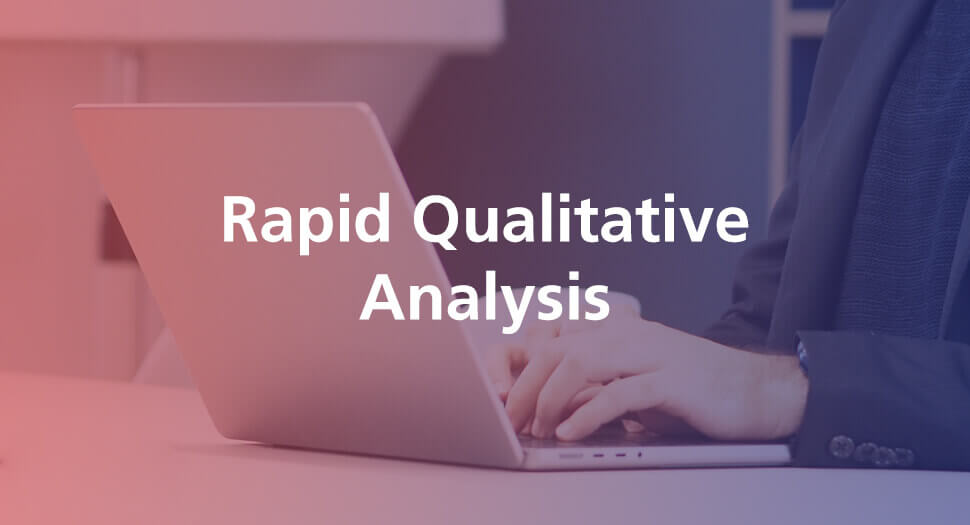We are excited and thankful to have received so many MAXQDA Research Grant applications this year- it has been heartening to see that so much research is being done that aims to study, bring awareness to, and contribute to empowerment initiatives aligned with one of VERBI Software’s core company values. We have been so inspired by your projects regarding climate change and climate action!
The MAXQDA Research Grants Selection Committee announces the 2021 #ResearchforChange Grant recipients:
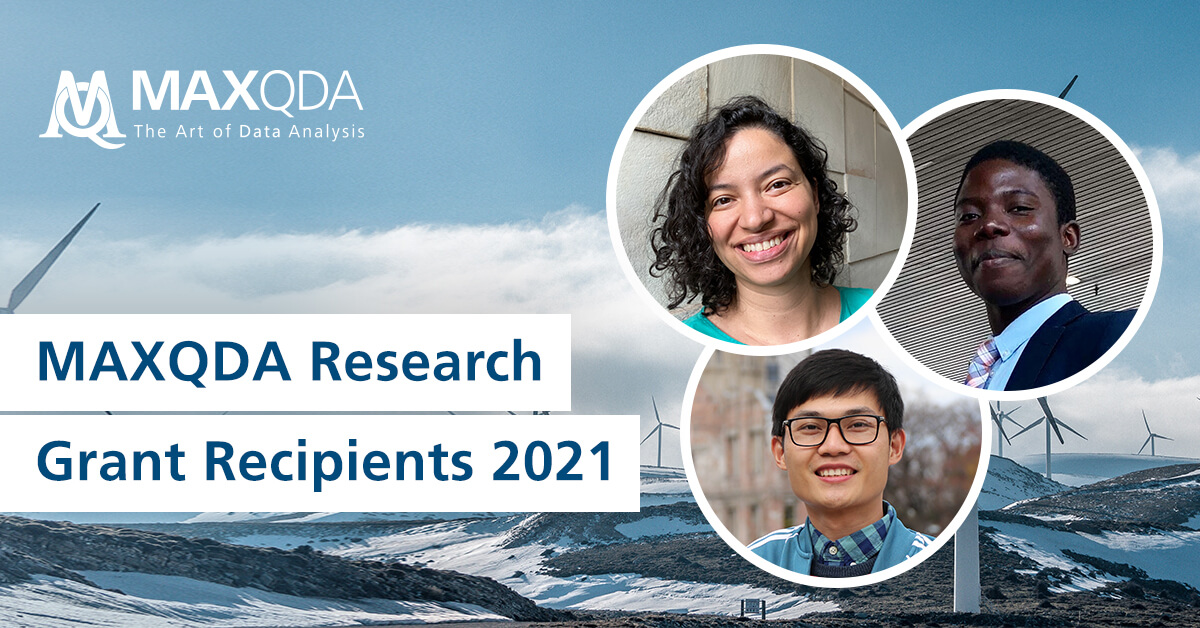
Congratulations to Camila Gonçalves Castro, Lucien Wobembong, and Nguyen Quang Tan!
Each of these talented researchers will be conducting climate change or climate action-related projects that engage the community they are working with. Learn more about the #ResearchforChange Grant recipients and their projects, as well as see comments from the 2021 MAXQDA Research Grant Selection Committee about why they were chosen here:
Lucien Wobembong – “What are the Forces of Change Pushing Society’s Desire to Decarbonize?”
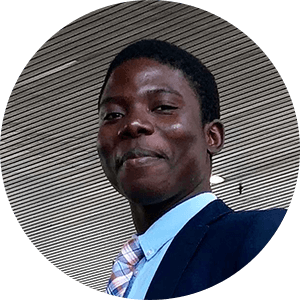
Lucien Wobembong is a first-year graduate student in Data Analytics Engineering at George Mason University in Fairfax, Virginia, USA. Besides being a student, he also works as a Program Management/Data Analyst, and one of his tasks involves collecting, analyzing and presenting both quantitative and qualitative data analysis on the implications of climate change on the organization. His project titled “What are the Forces of Change Pushing Society’s Desire to Decarbonize?” will incorporate strategic foresight to inform leaders and policy makers how to detect, anticipate and prepare for an ever-changing future and environment.
Lucien tells the story of moving from place to place as a child in Cameroon: “(I lived first in) Bamunka, followed by Bamenda, Bafia, Yaoundé, and Douala. One thing I did notice about each of these places was how extremely hot or wet it gets. To me, rain was always good news. It meant playing in the rain with the neighborhood kids. The alternative to heavy rainfalls were prolonged dry seasons. I also enjoyed dry seasons because I did not get wet on my way to and from school.
To my ten years old mind, both seasons were perfect. I never realized seasonal changes were a nightmare for many. For some, raining season meant towns and communities getting flooded and farms getting washed away. During dry season, the extreme heat meant bad harvesting for many families whose entire income comes from those crops. These are facts that would take me many years to realize.”
Our own journeys of insight regarding climate change might be similar: in earlier times, the weather was incidental and temporary- a background feature. Now, as the warm seasons grow longer and hotter- or shorter, with more extreme weather- we become aware that changing conditions might not be incidental, and indeed something much more permanent.
Specializing in Foresight analysis as a data analyst, Lucien works to prepare the Bureau of Medicine and Surgery (BUMED) for a climate changing world. Specifically, this means using open sources and Houston’s Foresight Framework to identify trends, clusters, and implications of climate change, then briefing leaders on how BUMED might be affected in the 10-to-30-year time horizon.
Research for Change, for him, involves looking for faint signals from the point of view of climate change. Strategic Foresight, Lucien’s particular specialty, involves monitoring these “faint signals”, drawing on the insights offered thereby, and preparing for the future by building contingencies to counter or mitigate the effects.
In particular, Lucien’s proposal focuses on examining the specific forces which motivate societies to decarbonize. He’ll use MAXQDA to collect and organize qualitative data from mass media sources and synthesize it with quantitative data collected from GlobalChange.gov, the World Bank, George Washington University Dataverse, and the National Oceanic and Atmospheric Administration. MAXQDA will be used to organize and code the data sets of the resulting mixed-methods project. He plans to use the following MAXQDA tools to assess his data: Word Cloud for the most common words used in sources, MAXMaps and Crosstabs to see the connections between codes in his taxonomy, Memos for keeping track of analysis for each article and publication collected, Web Collector for capturing data on web pages, Creative Coding for the framing phase and to visualize the domain map, and Stats for code frequencies.
We were particularly impressed by Lucien’s story and the detailed nature of his research proposal, and look forward to seeing what insights his research will reveal.
Camila Gonçalves Castro – “Rebound effect: a socioeconomic-environmental analysis of the circular economy”
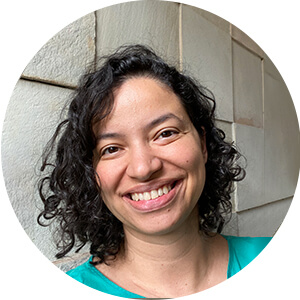
Camila Gonçalves Castro is a PhD candidate in the Department of Industrial Engineering, and a member of the Advanced Manufacturing Center of the School of Engineering of São Carlos, at USP – University of São Paulo. She is conducting a doctoral research project in circular economy, with the title: Rebound effect: an environmental socio-economic analysis of the circular economy.
For Camila, Research for Change means “developing tools for people be able to start changing the way we live and to regenerate the environment… I aim to change the world towards a more sustainable world, developing the theory, and replicating the knowledge for the future engineers for whom I teach. I intend that my students develop a critical mind and, in the future, create innovative solutions. I intend to create the basis so that future generations can enjoy a planet with the same conditions that we have, or better. For this, I believe that it is necessary to know the problems, explore their variations and how they occur in the world, and, after that, to look for solutions.”
Rebound effect is a concept drawn from sustainability theory- simply put, increases in efficiency do not necessarily translate into a 1:1 savings. The classic example is fuel economy for vehicles. A 5% increase in fuel efficiency never results in a corresponding 5% decrease in fuel usage: people interpret the increase in fuel efficiency in different ways- potentially traveling even more. As Camila explains, “when we propose a change in one of these domains, we change the others in different ways that are not always perceived. For sustainability, changes in the means of production alone are not enough, changes in business models and relationships are necessary, which change people’s behavior. For that, many actors are involved, and we need to understand the dynamics of these relationships.”
Camila’s research on circular economy focuses on revealing the relationships between people, markets, ecosystems, and the environment. She aims specifically to understand how firms in a Brazilian circular productive ecosystem implement new digital technologies in their products/processes and how this development is passed on to the network, estimating the effectiveness of actions for sustainability and the associated rebound effect.
Her methodological process includes deepening the theme, multiple case studies, and scenarios modeling. A systematic bibliographic review (SBR) was conducted with MAXQDA to define the circular economy rebound phenomenon and to understand related factors. To map the sources of rebound effect, deep interviews guided by the results of the SRB will be conducted with the firms and society in the chosen circular ecosystem, investigating the causes of circular rebound, what the drivers are, and the possibilities for mitigation. These interviews will be analyzed and coded with MAXQDA. The project will further involve a modeling of a causal loop diagram and a verification phase, within which the CLD will undergo a scenario analysis.
We were particularly impressed by Camila’s engineering focus and forward-looking aspect in her application, and look forward to reading where her conclusions lead.
Nguyen Quang Tan – “Understanding small-scale tourism enterprises’ adaptive response to climate change in Vietnam’s coastal destinations”
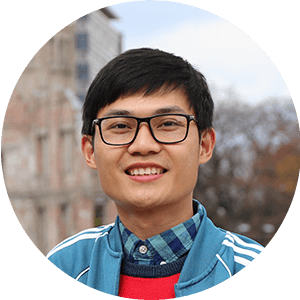
Nguyen Quang Tan is currently a PhD candidate under the Japanese Government Scholarship (MEXT) at the Graduate School of Environmental and Life Science, Okayama University, Japan. He is interested in the Social Sciences fields and Development Studies including Climate Change, Environmental Economics, Sustainable Tourism, Community and Rural Development. His research will be conducted in central Vietnam.
Vietnam, a Southeast Asian nation with an extensive coastline, has been ranked among the five countries likely to be most affected by climate change (World Bank Group, 2021).
Nguyen is an experienced researcher in environmental economics topics including community-based tourism and indigenous knowledge in adapting to climate change, and is additionally engaged in projects for climate change-resilient urban planning. In his project, he seeks to explore an important yet rarely discussed aspect in how small-scale tourism businesses adapt to climate change in Vietnam’s coastal destinations, to wit:
(1) To analyze trends and current issues in climate change and tourism studies in Vietnam;
(2) To explore tourism small-scale enterprises’ perceptions and their adaptive response to climate change;
(3) To propose the policy implications for tourism development within the climate change context.
Nguyen’s research will begin with a review evaluating the published literature related to climate change in Vietnam, thereby suggesting a trend, current gaps, and further issues, analyzing data from the sources of SCOPUS and WoS (Web of Sciences). During this period, a qualitative analysis with MAXQDA will be performed to determine the general trend of climate change studies in Vietnam.
In the next phase, he will conduct fieldwork in the form of two focus group discussions with the participation of two different informal groups: the local government and travel agencies. At the same time, in-depth semi-structured interviews with representatives of small-scale tourism agencies such as executive directors, team leaders, and staff will be carried out, as well as a sample of 30 travel businesses. The results will be transcribed and then MAXQDA will be utilized for coding, analysis, statistics, and creating graphics.
His study is planned to be conducted in three community-based tourism sites, located in Thưa Thien Hue province in the central coastal region of Vietnam.
We were particularly impressed by Nguyen’s extensive fieldwork plans in this deeply and personally affected area, as well as his emphasis on climate change adaptation. We look forward to discovering what his fieldwork reveals.
Stay tuned for their Fieldwork Diary Entries coming soon – right here in the MAXQDA Research Blog
As always, you will be able to follow each of these talented students along their research journeys through their Fieldwork Diary Entries. Make sure to also follow the MAXQDA social media platforms (![]() @VerbiSoftware
@VerbiSoftware ![]() @MAXQDA) to see the grant recipients’ fieldwork photographs and search posts about this semester’s grant using the hashtags #ResearchforChange and #MAXQDAResearchGrants.
@MAXQDA) to see the grant recipients’ fieldwork photographs and search posts about this semester’s grant using the hashtags #ResearchforChange and #MAXQDAResearchGrants.
Meet the previous MAXQDA Research Grant recipients:

